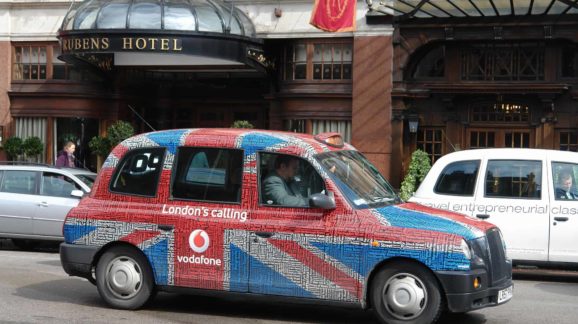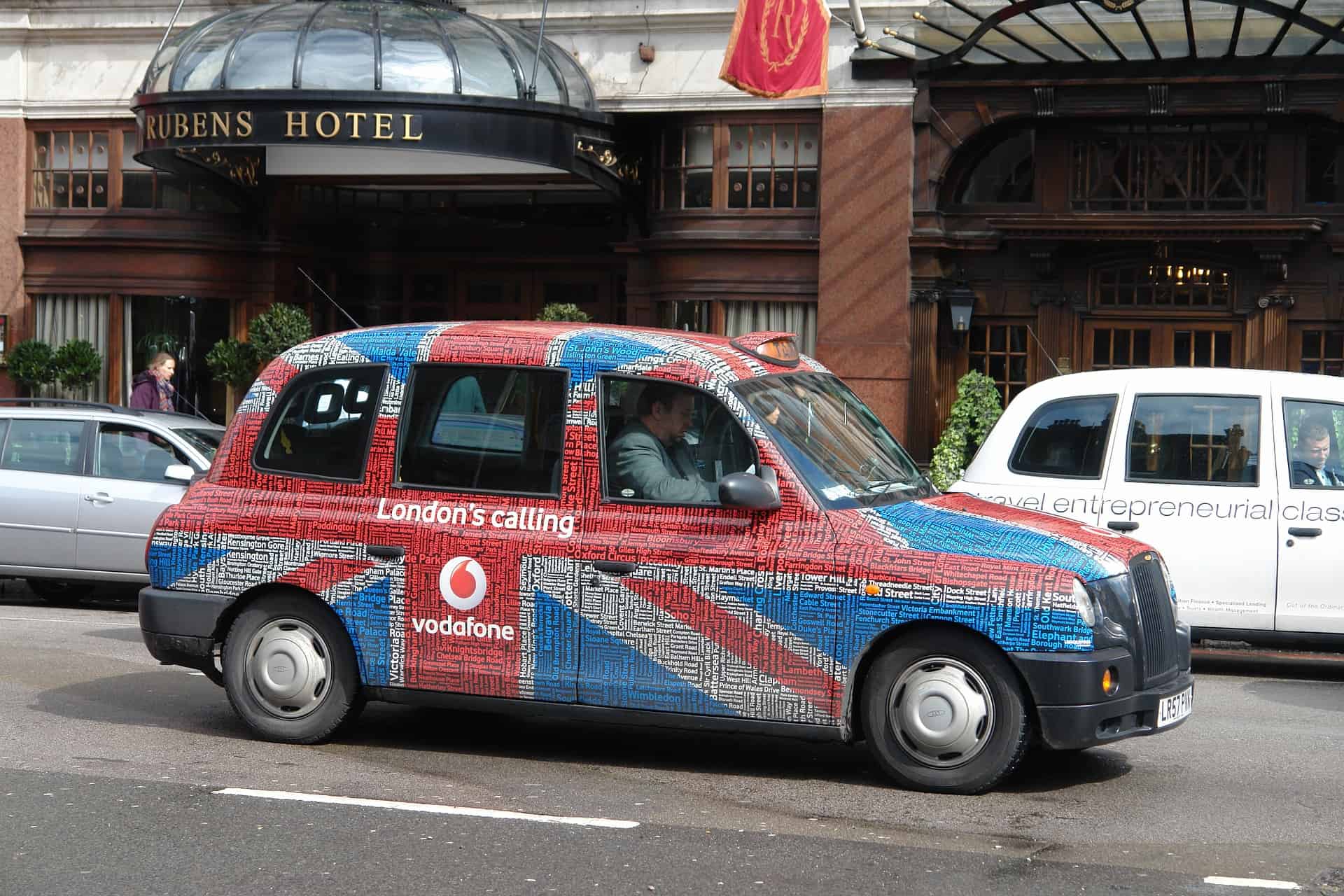The UK Uber Ruling and Two-Sided Markets

 One of the things that the UK Employment Tribunal’s recent ruling (that people who use the Uber platform should be employees of the company) fails to even grasp with is the economic concept of “two-sided markets.” Put simply, a two-sided market is an economic platform with two distinct user groups that provide each other with network benefits.
One of the things that the UK Employment Tribunal’s recent ruling (that people who use the Uber platform should be employees of the company) fails to even grasp with is the economic concept of “two-sided markets.” Put simply, a two-sided market is an economic platform with two distinct user groups that provide each other with network benefits.
As I note in my recent study on the future of work, Uber and other sharing economy firms are just that sort of platform. Their existence creates a two-sided market by lowering transaction costs on each side.
This is why the Uber requirements that the UK tribunal mistakenly regarded as examples of control over employees are so important. I mentioned them in my immediate reaction to the ruling, but they’re worth restating here:
The Tribunal stated a number of reasons for its decision. Among them were:
- Uber controls the key information (in particular the passenger’s surname, contact details, and intended destination) and excludes the driver from it
- Uber sets the (default) route and the driver departs from it at his peril
- Uber fixes the fare and the driver cannot agree a higher sum with the passenger
- Uber subjects drivers through the rating system to what amounts to a performance management/disciplinary procedure
- Uber handles complaints by passengers, including complaints about the driver
What is noticeable about these reasons (among others stated by the Tribunal) is that they are all business features that improve on problems with traditional car hire services or otherwise answer passenger concerns:
- Passengers are often rightly wary of sharing personal details with any driver they do not know
- Passengers are often concerned that they are being taken “the scenic route” to jack up the fare
- Passengers enjoy certainty that fares will not be increased at the whim of the driver, who has significant bargaining power
- Passengers can be assured through the rating system – where ratings are assigned by fellow passengers not Uber managers – that their driver is trustworthy
- Passengers might be unwilling to raise a legitimate complaint with a driver personally
These are all restrictions on one party that benefit the other party using the platform. They are actually a clear indication that the Uber app is indeed a platform and not an instrument of employment.
As I’ve suggested before, the sharing economy is so revolutionary that it requires an addition to the traditional common law and statutory tests of whether there is a master/servant relationship involved in the commercial transaction to determine employment classification. The UK’s Court of Appeals should consider adding a new common law test of whether or not a purported platform creates a two-sided network where the costs of the platform in terms of restrictions on one party are balanced by benefits to the other party. If the courts are unwilling to take this step because of a lack of economic expertise, then Parliament in the UK, and Congress over here, should step in to make this a statutory requirement. Otherwise we will find that economic improvements in allowing more transactions, made possible through technology, will be thwarted by law that dates from the Middle Ages.